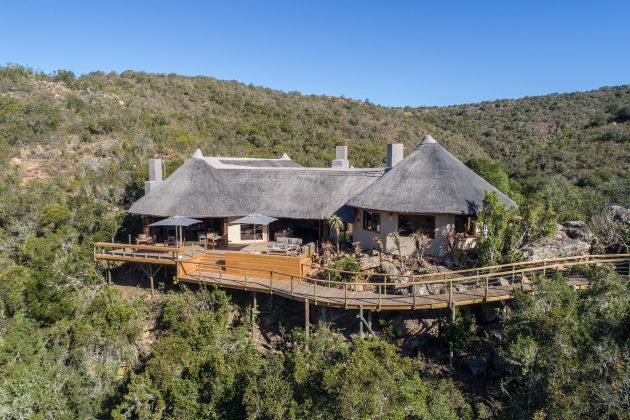Hospitality Property Fund Joins TEP’s ESDS
Hospitality Property Fund (HPF), the Johannesburg Stock Exchange listed real estate investment trust that invests solely in hotel properties, has become the latest company to sign up to TEP’s Enterprise & Supplier Development Solutions (ESDS).
ESDS is the programme developed by the Tourism Enterprise Partnership (TEP) to assist tourism and hospitality sector operators meet the requirements of the Enterprise & Supplier Development component of the new BEE codes which came into effect on 1 May 2015.
In the new codes, Enterprise & Supplier Development (ESD), Ownership and Skills Development are considered priority elements that measured entities have to comply with for their scorecard. ESD alone counts for 40 points on the scorecard.
Dr Salifou Siddo, the TEP Chief Executive explains: “Under the generic new BEE codes, a measured entity will have to invest 3% of their profit after tax into providing support to black-owned SMME beneficiaries. A SMME must be at least 51% black-owned in order to qualify as an Enterprise Development or a Supplier Development beneficiary. Because ESD is a priority element, companies will have to comply with it in order to avoid being downgraded one level”.
Hospitality Property Fund has selected Martiens Scheepers Conservation (Pty) LTD, also known as MCON, a small enterprise located in Grabouw in the Western Cape as the first beneficiary of the partnership with TEP.
The business of MCON is largely related to bush clearing services provided to the Arabella Hotel and Spa. The business is owned and managed by Mr Martiens Scheepers and his daughter Abigail Scheepers who is responsible for administration and record keeping.
MCON employs 7 permanent workers and about 5 temporary workers from the local communities of Grabouw, Kleinmond, and Elgin.
In addition to bush clearing services, MCON derives a secondary income stream from the bush clearing by-products of wood chips, firewood and poles used for fencing.
Says Ashleigh Christie, the Human Resources Development Manager at HPF: “The management of Arabella Hotel and Spa has supported MCON in a variety of ways over the last few years. With the advent of the new BEE codes, we have decided that it was time to bring on board an enterprise development specialist who will take over and provide the technical support and mentorship needed to fast track and grow MCON much further. The Tourism Enterprise Partnership enjoys a good track record and reputation in this regard and we look forward to working with them to assist the SMMEs in our procurement value chain”.
“By signing up to TEP’s ESDS, MCON will benefit from TEP’s tried and tested small enterprise development methodology which provides hands-on, step by step support and guidance to acquire the skills and know-how required to grow the business and access new markets”, Dr Siddo concluded.
Notes:
The Tourism Enterprise Partnership (TEP) is a not for profit company that has successfully developed entrepreneurs for over a decade. TEP facilitates the growth, development and sustainability of small tourism businesses through a number of focused intervention pillars, including: Access to Information – Business Supportâ¨- Access to Financeâ¨- Skills Development – Access to Markets. In addition to its database of more than 4000 tourism SMMEs, TEP has also developed a database of black-owned Exempted Micro Enterprises (EMEs) and Qualifying Small Enterprises (QSEs) that provide goods and services to the tourism industry.
Hospitality Property Fund (HPF) is the only specialised Real Estate Investment Trust (“REIT”) investing solely in the hospitality and leisure sectors. The Fund is a publicly traded company and is listed on the Main Board of the JSE Limited (JSE) under the “Financials â Speciality REIT” sector. With a portfolio of 26 hotel and leisure properties, including the Arabella Hotel and Spa, the Westin Hotel, the Crown Plaza Rosebank, the Holiday Inn Sandton and Mount Grace Hotel in Magaliesburg, HPF is diversified in terms of geographic location, star grading, fixed and variable income, lease expiry profile, market mix and brands.





